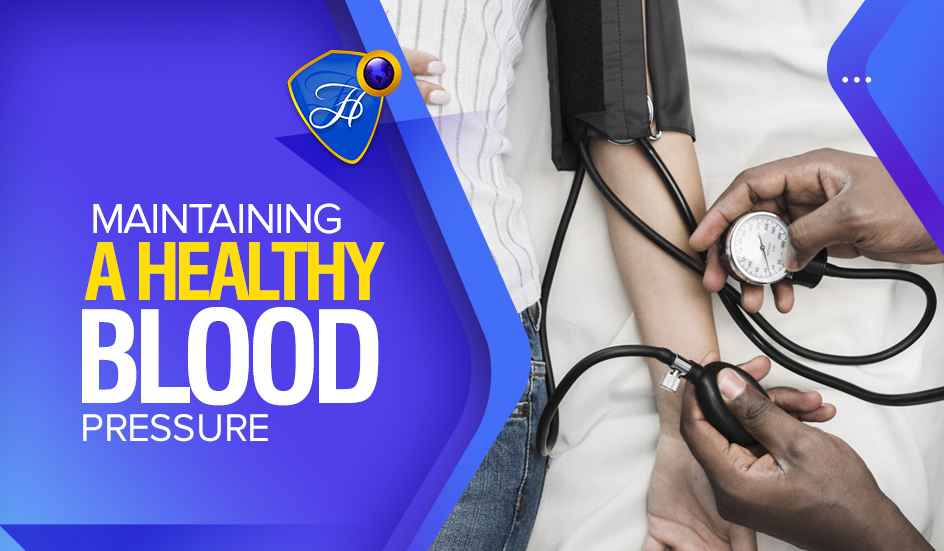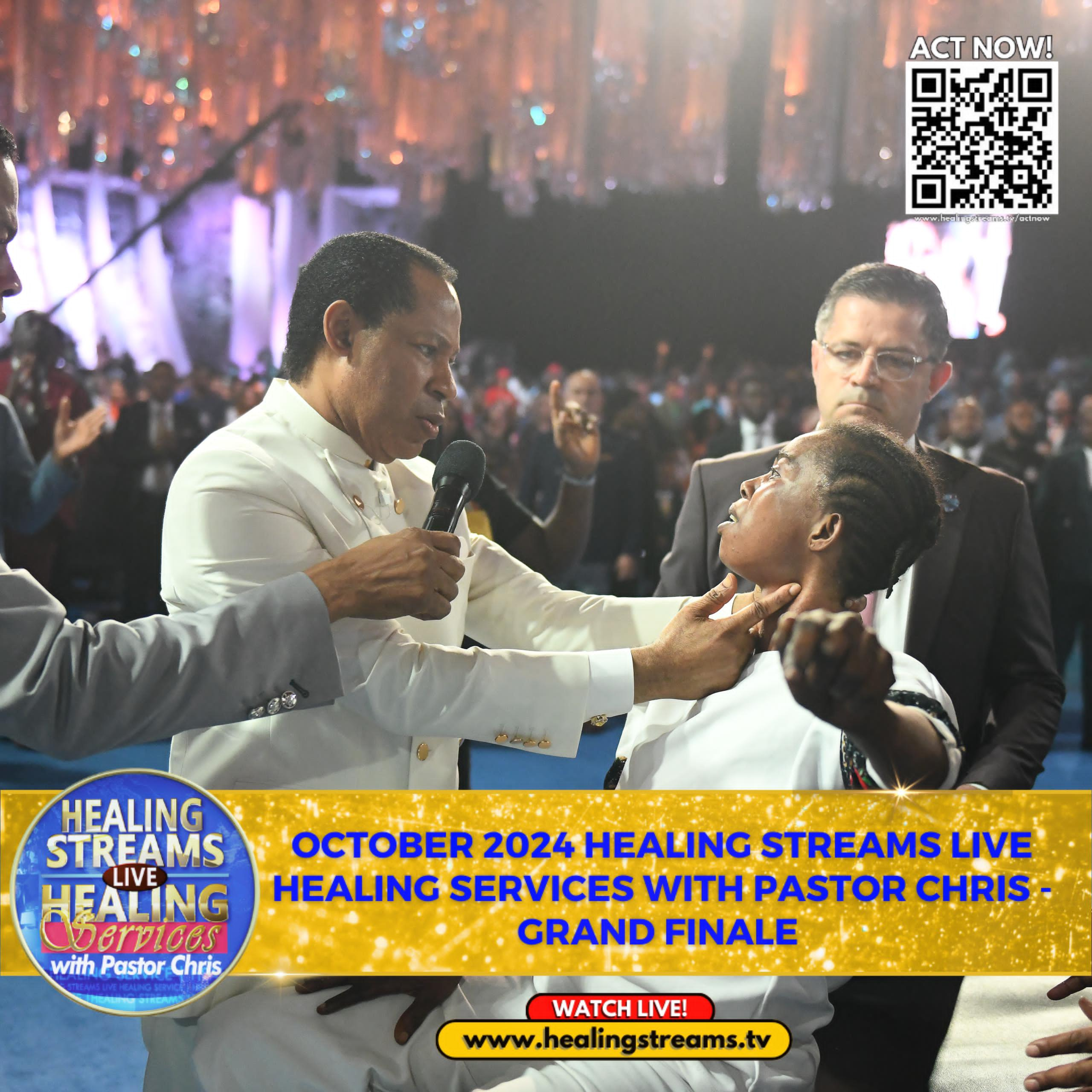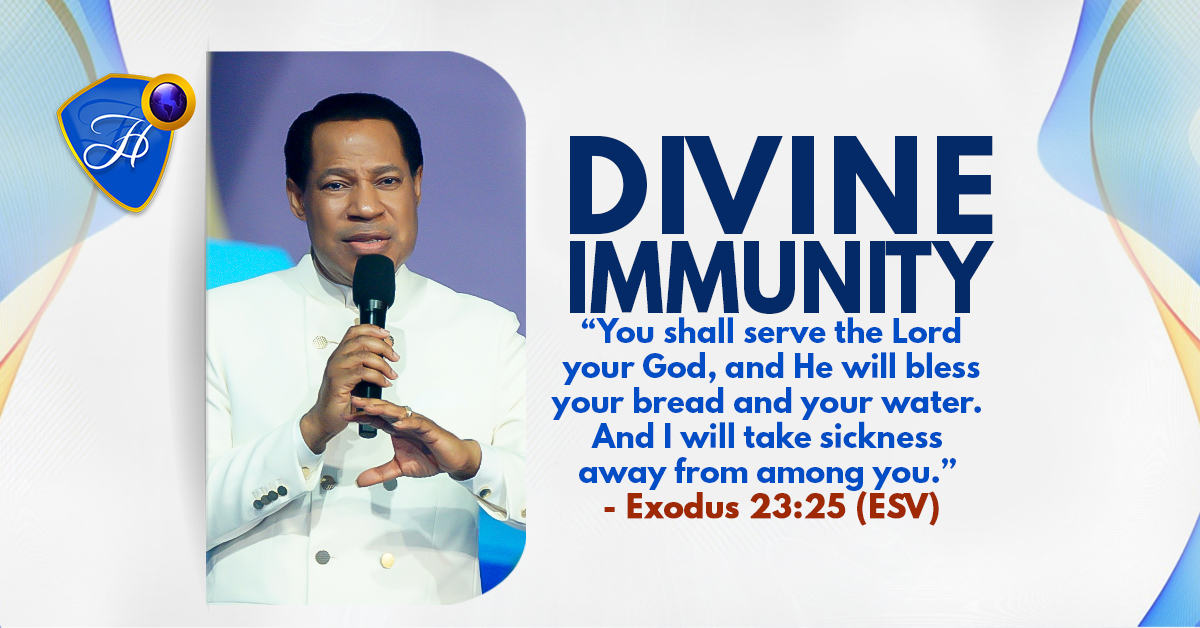
MAINTAINING A HEALTHY BLOOD PRESSURE
Blood pressure is the force of the blood pushing against the wall of the arteries. It is recorded as two numbers, for example, 120/80. The first number (the systolic blood pressure) indicates the pressure in the arteries as the heart squeezes out blood during each beat.
The second number (the diastolic blood pressure) indicates the pressure as the heart relaxes before the next beat. Blood doesn’t circulate in an even stream around the body; rather, it travels in a constant series of spurts.
Therefore, the pressure peaks in the blood vessels just after a heartbeat and ebbs until the next one. There are no fixed figures that represent a normal blood pressure range. However, somewhere between 110/70 and 125/80 is the average blood pressure for a grown person. Someone with naturally low pressure may be closer to a range of 100/60 though.
Blood pressure of 140/90 is considered high but that usually becomes the regular range as a person gets older. Blood pressure higher than 180/110 is considered dangerous. Blood pressure fluctuates throughout the day. When it stays elevated over time, it’s called ‘high blood pressure’.
This causes the heart to work harder, putting a person at risk of heart attack, stroke, heart failure, kidney and eye problems, etc. Without any clear symptoms, so many are unaware when they have high blood pressure. A healthy lifestyle is important to help prevent high blood pressure and its associated risks. These tips will help you maintain healthy blood pressure and general well-being:
ACHIEVE AND MAINTAIN A HEALTHY WEIGHT: Being overweight increases the risk of developing high blood pressure because pressure rises as the body’s weight increases. Too much fat and cholesterol narrow the arteries, thereby increasing the pressure required to push blood through the heart.
USE SALT MODERATELY: High salt content attracts water from body cells into your blood to dilute it. The more fluid in your blood, the harder it is for the heart to pump blood, and the higher the blood pressure. To reduce salt intake, eat plenty of fresh fruits and vegetables; choose low-salt bread and cereals; avoid too much seasoning, processed foods, and fast foods.
EAT A WIDE VARIETY OF HEALTHY FOODS: Too many calories and fatty foods put extra strain on the heart. Healthy eating is about choosing plant-based foods such as vegetables, fruits, legumes, grain-based foods (whole grain bread, cereals, pasta, noodles, and rice, etc.), moderate amounts of lean meats, poultry, fish, and reduced-fat dairy products.
BE ACTIVE EVERY DAY: Exercise improves heart health and lowers blood pressure and cholesterol by keeping your arteries in good shape. The effects of exercising can last up to 24 hours, and some studies showed about 25% reduced risk of heart disease in subjects who engaged in regular aerobic exercises. At least fifteen minutes of exercise a day is recommended.
AVOID ALCOHOL CONSUMPTION: Alcohol taxes the liver and reduces its ability to detoxify the blood, thus causing more oxidizing and damaging substances to remain in circulation where they can harm the blood vessels. For normal blood pressure, avoid alcoholic food and drinks.
SPEAK TO YOUR BODY CONSISTENTLY: We put this last to emphasize its importance. Proverbs 15:4 (AMPC) says, “A gentle tongue [with its healing power] is a tree of life…” Your body was created by God’s Word to function flawlessly. With your faith confessions, you can maintain optimal health always, so don’t stop talking to your body. Continuously declare that every organ and system functions according to the perfection of God’s design and you will flourish in health always. For more health tips, watch Healthy Living on Healing Streams TV. Find past episodes in the ‘video on demand’ section – www.healingstreams.tv.





















